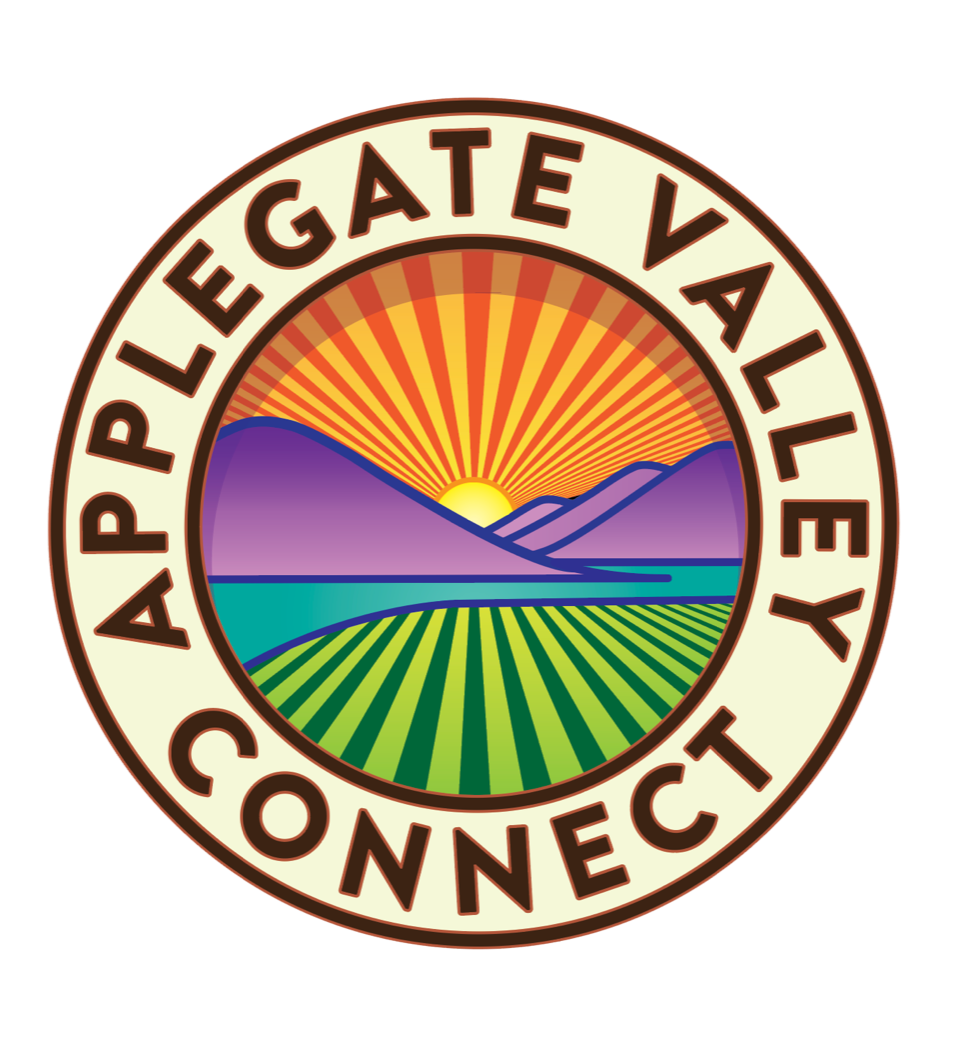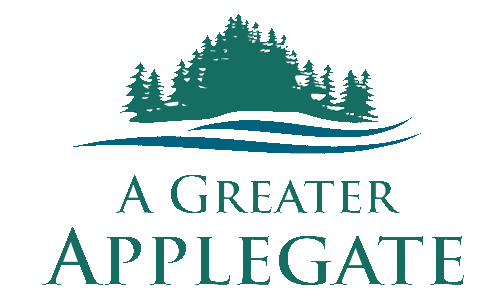
Dear Friend,
I hope this message finds you well, and that you and your family are staying home and staying safe as our fight against the coronavirus continues. Throughout the past few weeks, I’ve sent you a few notes with information about different parts of the three coronavirus relief bills that Congress has passed, in addition to links to my coronavirus webpage and online economic relief hub. Today, I’m following up to share more information for student loan borrowers as the higher education provisions of those pieces of legislation go into effect.
If you have federal student loans, and:
– You want to suspend your payments, you do not need to take action. Your payments are automatically suspended by your loan servicer and no payment is due through September 30, 2020.
– You’re already enrolled in an income-driven repayment plan for your federal loans, but can no longer afford your payment, your payment is suspended and no payment is due through September 30, 2020.
– You are working toward Public Service Loan Forgiveness (PSLF), for your Direct loans, even though your payment is suspended, those months will count toward loan forgiveness programs as long as the other the PSLF program requirements are met.
– Your student loans are in default, know that the Department of Education has halted the collection of defaulted federally-owned student loans including garnishment of wages, offset of tax refunds, and Social Security benefits. This has happened automatically, and no further action is required on your part.
– You have experienced a change in income, you can ask your servicer to recalculate your monthly repayment by calling them or filling out this form online.
– You can’t afford your loan payments for other reasons, you don’t have to make a payment because your payments will be suspended until September 30, 2020.
– You’ve been contacted to pay a fee on your suspended payments, please know that this is a scam. You do not need to pay someone to help with your student loans.
If you have private student loans:
– And your student loans are in default, you should contact your servicer to find out what options are available to you.
– You might want to investigate income-driven repayment plans, because depending on your income or family size, your payments pay be as low as $0. You might be able to enroll in an income-driven repayment plan without having to call your service provider by clicking here.
– You might consider calling your servicer to find out what other options — including postponed payments — may be available to you.
If you aren’t sure who is servicing your loans, you can find your servicer by visiting the Department of Education’s website. If you have private student loans, you can look at your latest billing statement or check your credit report for more information on your servicer.
As we continue to navigate the implementation phase of Congress’ relief bills, I’m going to keep updating my website and sending you useful information, links, and program applications, as they become available. In the meantime, I hope you will do your part to fight this crisis by staying home, washing your hands often, and covering your nose and mouth when you’re in public.
Together, we’re going to get through this.
All my best,
Jeff


